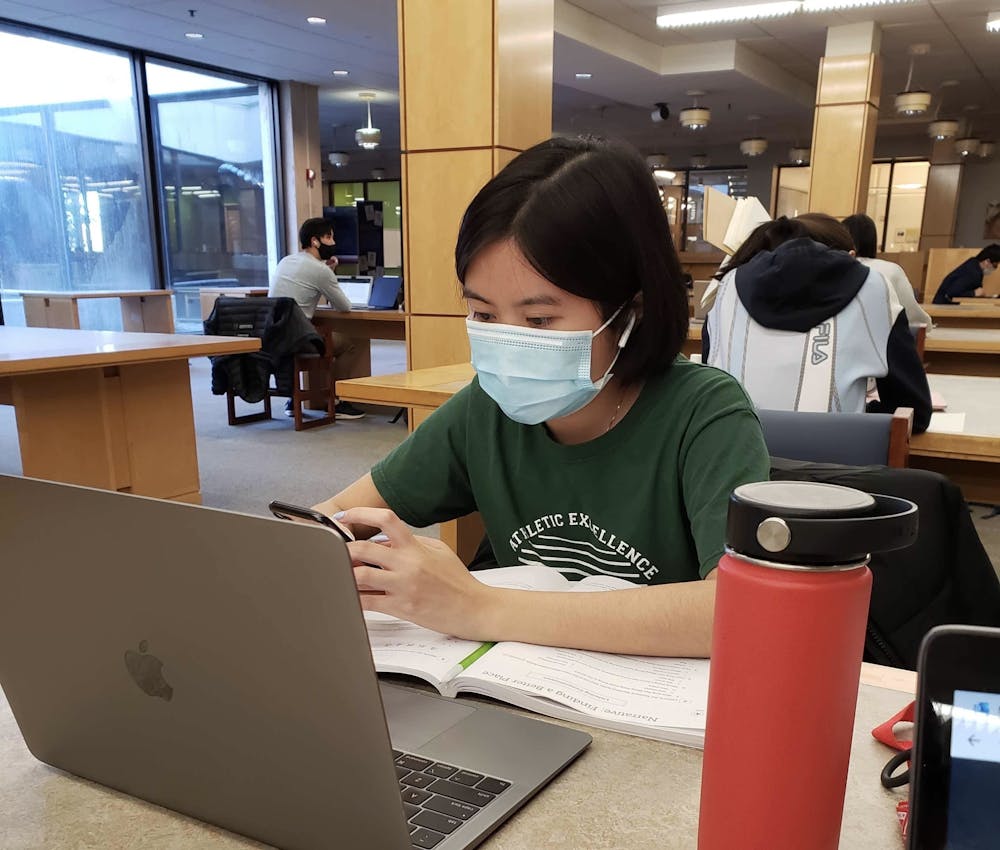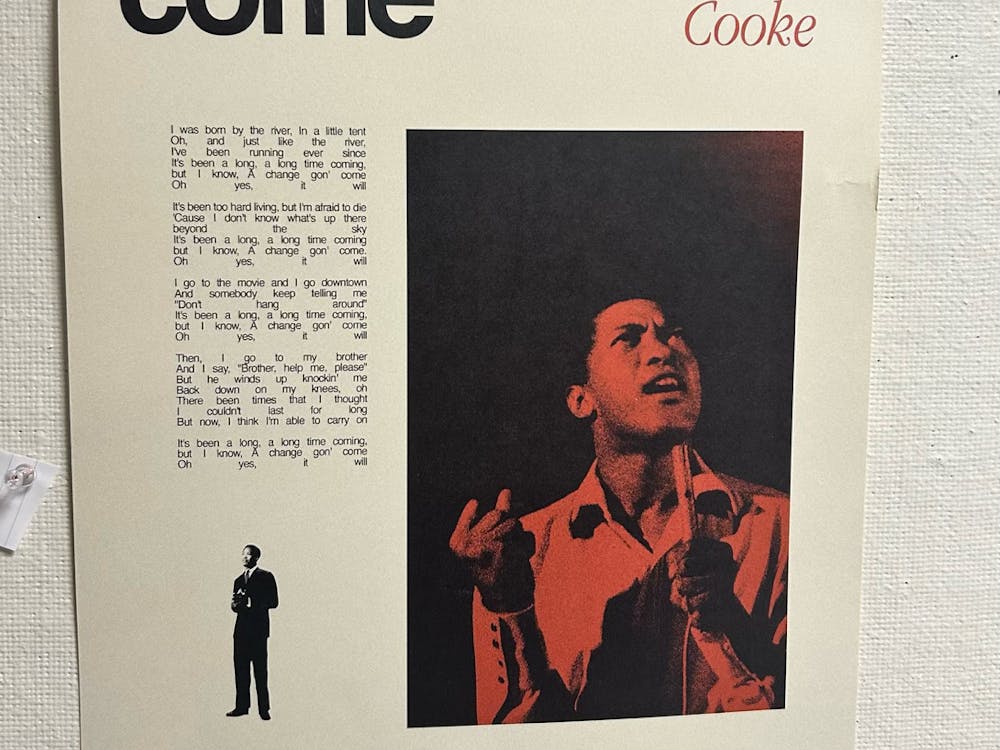Everything you do has an opportunity cost. More time studying means less time with friends. Going to office hours might mean missing a club meeting. Rather than feeling overwhelmed with all the options while trying to do it all, think about what matters to you most and prioritize those.
Before every semester, I like to complete a “life budget” where I list out all of my responsibilities and decide how much time I’m willing to devote to each of these things.
Every day you have a budget of 24 hours. List out everything you want and need to do each day — classes, hangouts, research, sleep, meals and more. Next, consider how you want to distribute your 24 hours among these activities. Ideally, sleep will use about 8 hours of your budget, meals will use another three and classes will use about four. You’re left with 9 hours, give or take. Consider where your priorities lie and figure out how you want to use those 9 hours each day.
Budgeting your life can help you to be more deliberate and organized about the way you spend your time, but it won’t necessarily change how you live. Even if you say you want to spend 2 hours a day with friends, those 2 hours can easily get sidelined when new stressors pop up.
Hopkins students tend to prioritize academics and extracurriculars and neglect social life and health. Before exam season, people tend to drop off the grid as they cram for their tests. Part of learning to balance the competing interests in your life is learning to do two things: using your time efficiently and letting go of your anxieties.
Using your time efficiently allows you to have more free hours in the day for yourself. If you can’t find time to hang out with friends, choose to study with them instead. Alternatively, when you go to the library, leave your phone at home to avoid distracting yourself. Be smart with your time.
Find the right planner to schedule events and track tasks. Digital planner apps like Notion or Todoist are convenient and inexpensive, while analog options like a bullet journal or Hobonichi Techo can feel more tangible and distraction-free.
Additionally, focus apps like Forest, Chrome plugins like StayFocusd and even the built-in parental controls in your phone settings can help you to block out online distractions when you’re working.
The other part of finding balance in your life is learning to relieve your anxieties. It’s natural to be concerned about things like classes, internships and assignments, but if your worries lead you to sacrifice sleep, drop important responsibilities and abandon plans with friends, you might be letting stress control your life.
For myself, my stress about school is related to my goals. I have aspirations to achieve a certain level, both in my career and of financial stability, so naturally, I also have fears that I might not reach these heights. I believe that working hard now to find success later is the right thing to do, but when I’m extremely fearful of failure, I can end up overworking and sacrificing time with other people. Therefore, addressing my root fears of failure can help me to relieve the symptoms of stress.
Cognitive journaling, a systematic journaling method based on cognitive behavioral therapy, has helped me come to realizations about the sources of my unhealthy behaviors. Cognitive journaling helps to break down cognitive processes into different parts in order to better understand their root causes. By better understanding the source of an issue, I can better address the problem.
Cognitive journaling has helped me become less anxious about the future, and it could help you too, but at the end of the day, there are moments as students when we simply have to spend more time on our work and less time on other things.
If you really do feel like you have no choice but to drop off the grid before your exams, try your best to recuperate your energy with a self-care period immediately after — don’t just jump straight into your summer research or internship. At the minimum, take care of your body by sleeping and eating well, but try going even further by doing things like finishing up chores, seeing friends, taking a walk, journaling, doing your skincare routine or reading a book.
College life is more than just the classes we take or the parties we attend — it’s a combination of different experiences and a gateway into independent, adult life. By finding a balance between these experiences, you can hopefully finish these four years feeling like you made the most of them.





